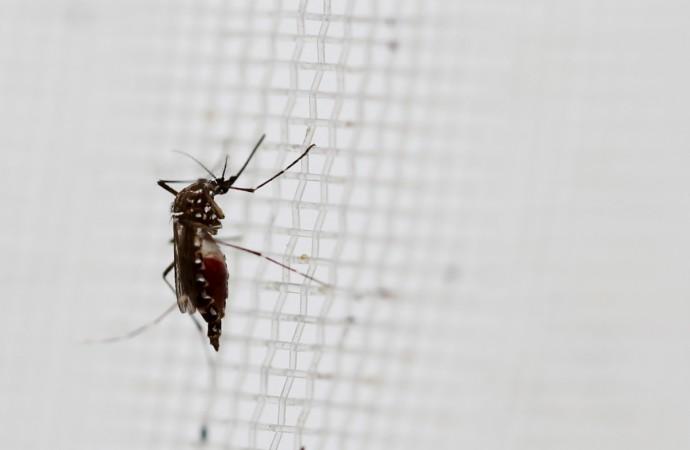
Canada has reported its first case of sexually transmitted Zika virus in an Ontario resident, the Public Health Agency of Canada and Ontario's Ministry of Health, said on Monday.
The Canadian health department officials said the individual acquired the disease sexually from partner who had travelled to Zika-affected areas, Reuters reported. The health officials have not identified the Zika virus victim.
The U.S Centers for Disease Control and Prevention (CDC) had earlier confirmed that Zika virus can be transmitted sexually when new cases of the infection emerged in the U.S., especially in women who had not travelled to Zika-affected areas.
Zika is mainly transmitted by the female anopheles mosquito, which is also the carrier of dengue and chikungunya. The virus has been suspected of cause serious congenital disorders and muscle paralysis.
According to the World Health Organization (WHO), 66 countries and territories have reported Zika virus transmission since Jan. 1, 2007. Eight countries, including Argentina, Chile, France, Italy, New Zealand, Peru, Portugal and the U.S., have now reported evidence of person-to-person transmission of Zika virus.
Bangladesh, Indonesia and Thailand are among the countries where vector- borne (mosquito transmitted) Zika virus cases have been reported, according to the global health agency. Brazil, one of the worst Zika-hit countries, has reported nearly 7,150 cases of microcephaly, which is a central nervous system disorder characterised by the presence of abnormally small-sized heads in babies.
Zika is also suspected of causing the Guillain-Barré syndrome (GBS), a health condition in which the patient's immune system attacks itself, resulting in muscle weakness or paralysis.
According to the WHO, the circulation of Zika virus may have led to increased GBS incidence worldwide, in French Polynesia, Brazil, Colombia, El Savador, Martinique, Suriname, Puerto Rico and Venezuela.





!['It's not Mumbai traffic, it's air traffic': Suriya apologises to Mumbai media after paparazzi yelled At Him for making them wait for hours [Watch]](https://data1.ibtimes.co.in/en/full/806234/its-not-mumbai-traffic-its-air-traffic-suriya-apologises-mumbai-media-after-paparazzi.jpg?w=220&h=138)
![Bigg Boss 16-fame Sreejita De and Michael Blohm-Pape exchange wedding vows in dreamy Bengali ceremony [Inside Pics]](https://data1.ibtimes.co.in/en/full/806233/bigg-boss-16-fame-sreejita-de-michael-blohm-pape-exchange-wedding-vows-dreamy-bengali-ceremony.jpg?w=220&h=138)






